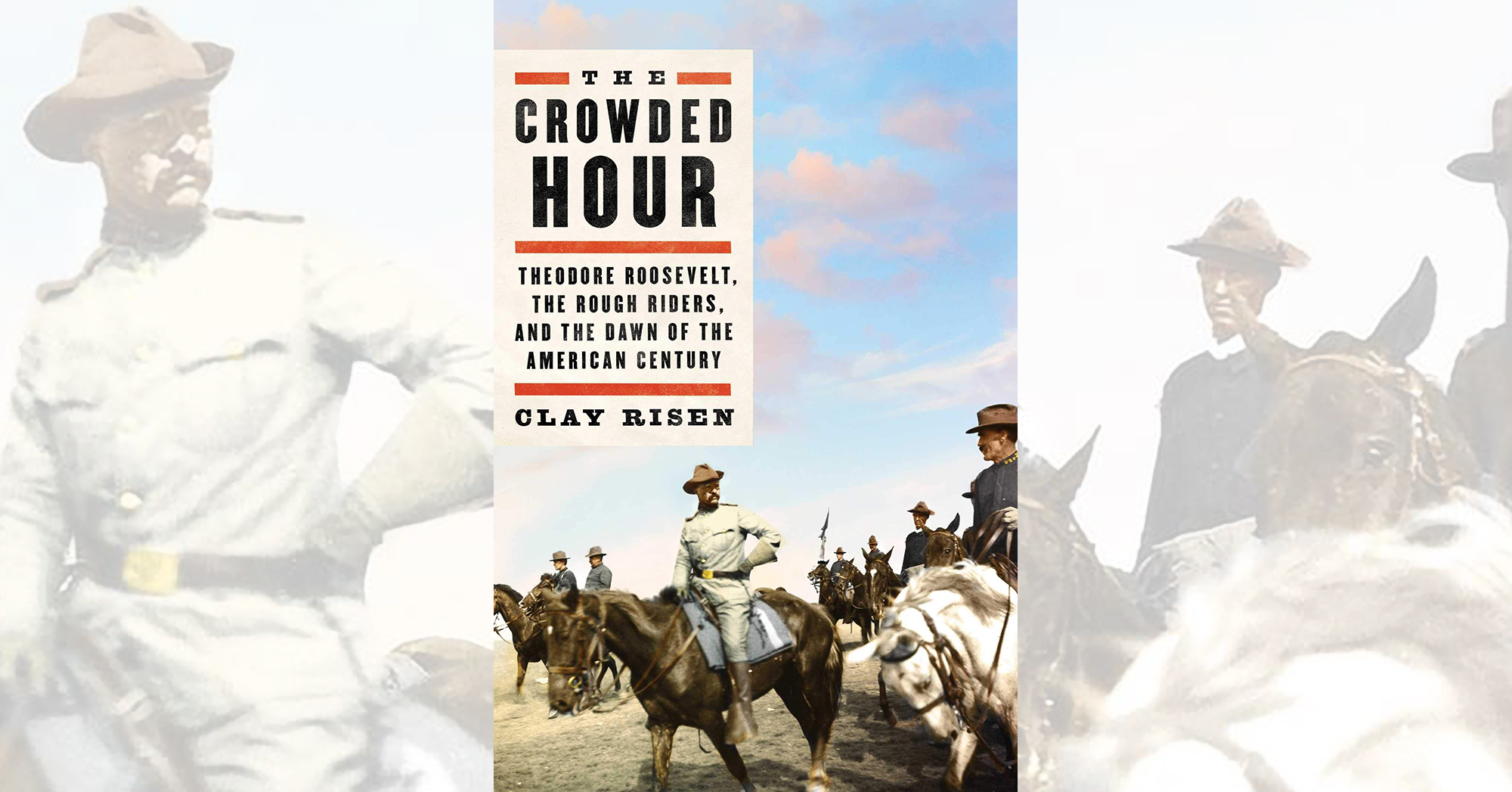The Crowded Hour: Theodore Roosevelt, the Rough Riders and the Dawn of the American Century, by Clay Risen, Scribner, New York, 2019, $30
New York Times editor Clay Risen, a connoisseur and historian of whiskeys, examines the mythos and foreign policy legacy of the United States’ most storied military regiment, led by iconic future President Theodore Roosevelt. Dismissed by revisionist historians as a cartoonish cowboy gang, the albeit hastily organized 1st U.S. Volunteer Cavalry, aka “Rough Riders,” served admirably in Cuba during the 1898 Spanish-American War and, the author argues, played a defining role toward the projection of American values and power in the 20th century.
Risen also contends the regiment helped heal the self-inflicted wounds of the Civil War by banding together Eastern elites and Western individualists in an idealized American crusade that spread democratic values while expanding the nation’s economic and diplomatic influence. Of course, the Rough Riders also served as a vehicle, endlessly promoted by an adoring media (e.g., Richard Harding Davis and Stephen Crane), to advance their commander’s all too obvious political ambitions. The immortal charge of the Rough Riders up the San Juan Heights—Roosevelt’s “Crowded Hour,” as he called it—launched America on a “shoot first, ask questions later” path to power through two world wars, a cold war and a string of military interventions in troubled countries that continue to present.
Risen’s dramatic narrative is well supported by clear maps and compelling photographs, not to mention exhaustive notes, bibliography and index. Above all, he brings to life the colorful cast of characters beyond Roosevelt who made the Rough Riders so popular, ranging from gentle giant Hamilton Fish and politically savvy Buckey O’Neill to Roosevelt’s friend and fellow “action junkie” Leonard Wood and Frank Knox, future secretary of the Navy under another famous Roosevelt.
Crowded Hour contains the odd error. For example, the May 25, 1898, observance in honor of British military attaché Arthur Lee and Queen Victoria was occasioned by her birthday, not her golden jubilee, and it was Winfield Scott Schley, not his commander, William Sampson, who destroyed the Spanish Caribbean Squadron that July 3 in Santiago Bay. Regardless, Risen has written an excellent history, worth reading in conjunction with Mark Lee Gardner’s Rough Riders (2016) and Roosevelt’s boisterously autobiographical account The Rough Riders (1899).
—William J. Shepherd





